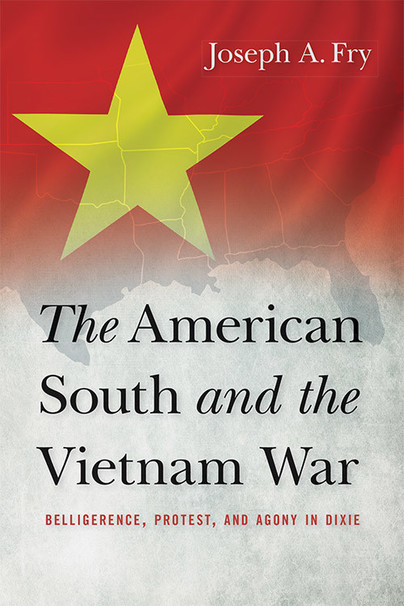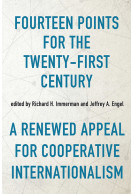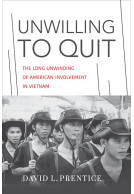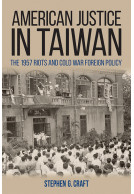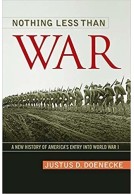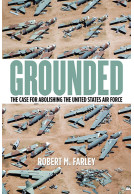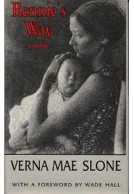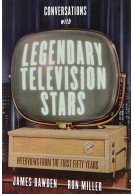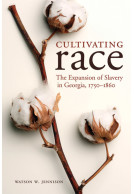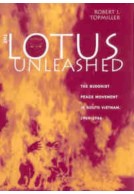Google Books previews are unavailable because you have chosen to turn off third party cookies for enhanced content. Visit our cookies page to review your cookie settings.
The American South and the Vietnam War (Hardback)
Belligerence, Protest, and Agony in Dixie
Imprint: University Press of Kentucky
Series: Studies in Conflict, Diplomacy, and Peace
Pages: 456
Illustrations: 18 b&w photos
ISBN: 9780813161044
Published: 19th June 2015
Script Academic & Professional
Series: Studies in Conflict, Diplomacy, and Peace
Pages: 456
Illustrations: 18 b&w photos
ISBN: 9780813161044
Published: 19th June 2015
Script Academic & Professional
This book will be reprinted and your order will be released in due course.
You'll be £36.00 closer to your next £10.00 credit when you purchase The American South and the Vietnam War. What's this?
+£4.99 UK Delivery or free UK delivery if order is over £40
(click here for international delivery rates)
Order within the next 1 hour, 30 minutes to get your order processed the next working day!
Need a currency converter? Check XE.com for live rates
(click here for international delivery rates)
Order within the next 1 hour, 30 minutes to get your order processed the next working day!
Need a currency converter? Check XE.com for live rates
To fully comprehend the Vietnam War, it is essential to understand the central role that southerners played in the nation's commitment to the war, in the conflict's duration, and in the fighting itself. President Lyndon B. Johnson of Texas and Secretary of State Dean Rusk of Georgia oversaw the dramatic escalation of U.S. military involvement from 1965 through 1968. General William Westmoreland, born and raised in South Carolina, commanded U.S. forces during most of the Johnson presidency. Widely supported by their constituents, southern legislators collectively provided the most dependable support for war funding and unwavering opposition to measures designed to hasten U.S. withdrawal from the conflict. In addition, southerners served, died, and were awarded the Medal of Honor in numbers significantly disproportionate to their states' populations.
In The American South and the Vietnam War, Joseph A. Fry demonstrates how Dixie's majority pro-war stance derived from a host of distinctly regional values, perspectives, and interests. He also considers the views of the dissenters, from student protesters to legislators such as J. William Fulbright, Albert Gore Sr., and John Sherman Cooper, who worked in the corridors of power to end the conflict, and civil rights activists such as Martin Luther King Jr., Muhammad Ali, and Julian Bond, who were among the nation's most outspoken critics of the war. Fry's innovative and masterful study draws on policy analysis and polling data as well as oral histories, transcripts, and letters to illuminate not only the South's influence on foreign relations, but also the personal costs of war on the home front.
Other titles in the series...
Other titles in University Press of Kentucky...







